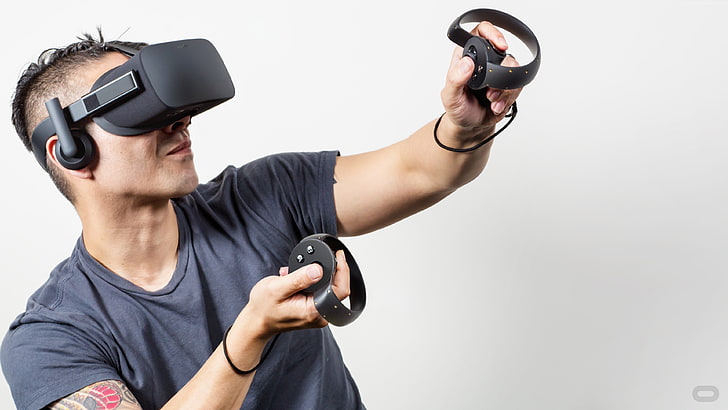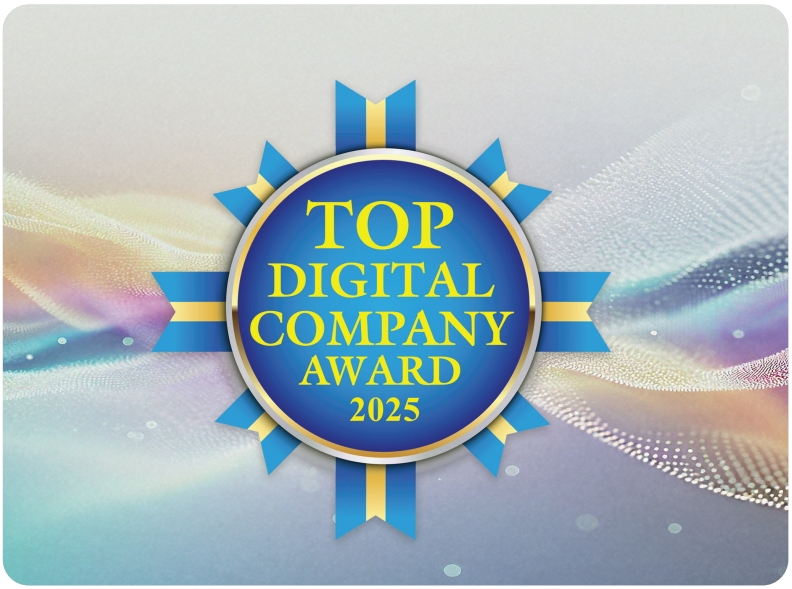VR Meditation Rooms You Can Carry Anywhere presents an innovative approach to mindfulness and relaxation, offering users the ability to immerse themselves in serene environments no matter where they are. This cutting-edge fusion of technology and wellness allows for personalized meditation experiences that cater to individual needs and preferences, reshaping how we engage with mental health practices. As virtual reality continues to evolve, these portable meditation rooms are set to revolutionize the accessibility and effectiveness of meditation, providing a unique tool for stress relief and self-discovery.
By combining the principles of meditation with the immersive capabilities of virtual reality, users can transport themselves to tranquil landscapes, enhancing their ability to focus and find inner peace. This exploration of VR meditation not only highlights its significance in modern wellness practices but also paves the way for broader discussions on the impact of technology on mental well-being.
The modern landscape of technology is characterized by rapid advancements and a continuous evolution of ideas, products, and services. As we delve into this multifaceted world, it becomes evident that numerous trends are shaping the future of technology. This article will explore the convergence of artificial intelligence (AI), the Internet of Things (IoT), and blockchain technology, examining their implications for various sectors, including healthcare, finance, and transportation.
1. Artificial Intelligence
Revolutionizing Industries
1 AI in Healthcare
In the healthcare sector, AI is fundamentally changing patient care and operational management. Machine learning algorithms analyze vast amounts of patient data, enabling healthcare professionals to identify patterns and predict outcomes. For instance, AI-driven diagnostic tools can assist in early disease detection, such as identifying tumors in medical imaging. According to a report by Accenture, AI applications in healthcare could save the industry up to $150 billion annually by 2026.
2 AI in Finance
The finance industry is also witnessing a paradigm shift due to AI. Financial institutions leverage AI for fraud detection, credit scoring, and algorithmic trading. By analyzing transaction patterns and customer behavior, AI systems can detect anomalies that indicate fraudulent activities, thereby enhancing security measures. Furthermore, robo-advisors powered by AI algorithms provide personalized investment advice, democratizing access to financial planning.

2. The Internet of Things
Connecting the World
1 IoT in Smart Homes
In residential settings, IoT technology has given rise to smart homes equipped with devices that can be controlled remotely. Smart thermostats, lighting systems, and security cameras are just a few examples of IoT applications that enhance comfort and safety. According to a report by Statista, the number of connected smart home devices is projected to reach over 1.4 billion by 2025, illustrating the growing demand for IoT solutions in daily life.
2 IoT in Industry
The industrial sector is also harnessing the power of IoT through advancements in automation and data analytics. Industry 4.0, characterized by the integration of IoT technologies into manufacturing and supply chain processes, is revolutionizing productivity and efficiency. Real-time data collection from IoT sensors enables manufacturers to optimize operations, reduce downtime, and improve resource management. This data-driven approach can lead to significant cost savings and enhanced competitiveness.
3. Blockchain Technology
A New Era of Trust
1 Blockchain in Finance
In the financial industry, blockchain technology is streamlining processes such as cross-border payments and trade settlements. Traditional banking systems often involve multiple intermediaries, leading to delays and higher costs. By leveraging blockchain, financial institutions can facilitate real-time transactions, reducing costs and improving efficiency. A report from the World Economic Forum predicts that by 2025, 10% of global GDP will be stored on blockchain technology.
2 Blockchain in Supply Chain Management
The supply chain sector is also embracing blockchain to enhance transparency and traceability. By recording every transaction on a public ledger, stakeholders can track products from origin to consumer. This level of transparency is crucial for industries such as food and pharmaceuticals, where safety and authenticity are paramount. Companies like Walmart and IBM are already implementing blockchain solutions to improve traceability in their supply chains.
The Convergence of Technologies
The interplay between AI, IoT, and blockchain is creating synergies that drive innovation across various sectors. For example, AI can analyze the data generated by IoT devices to provide actionable insights, while blockchain can ensure the integrity and security of that data. This convergence is paving the way for new business models and opportunities.
1 Smart Cities
The concept of smart cities exemplifies the convergence of these technologies. By integrating IoT sensors, AI analytics, and blockchain technology, urban areas can enhance efficiencies in transportation, energy management, and public safety. Smart traffic lights can adapt to real-time traffic conditions, and blockchain can ensure secure data sharing among city services, improving overall urban management.
2 Healthcare Innovations
In the healthcare sector, combining AI, IoT, and blockchain can lead to groundbreaking solutions. Wearable health devices can track patient vitals in real time, while AI algorithms analyze this data for insights. Blockchain can securely store patient records, ensuring privacy and facilitating seamless data sharing among healthcare providers. This holistic approach promises to enhance patient engagement and improve health outcomes.
Challenges and Considerations
Despite the immense potential of these technologies, several challenges must be addressed. Data privacy and security remain paramount concerns, especially in sectors like healthcare and finance where sensitive information is involved. Furthermore, the integration of these technologies requires significant investment and a shift in organizational culture.
1 Regulatory Considerations
The regulatory landscape surrounding AI, IoT, and blockchain is still evolving. Policymakers must strike a balance between fostering innovation and ensuring user protection. Clear guidelines and standards are necessary to navigate the complexities of these emerging technologies, especially in areas like data ownership and liability.
2 Ethical Implications
The ethical implications of AI deployment are another critical consideration. Issues such as bias in algorithms and the impact of automation on employment must be addressed proactively. Organizations must prioritize ethical practices in AI development and ensure inclusivity in technology access.
6. Conclusion
Embracing the Future
In summary, the integration of AI, IoT, and blockchain technology is setting the stage for a new era of technological advancement. As we move forward, continued investment in research and development, combined with a focus on ethical considerations and regulatory frameworks, will be essential to navigate this dynamic landscape and ensure a prosperous future for all.











